Cecile McLorin Salvant - WomanChild (2013) [Hi-Res]
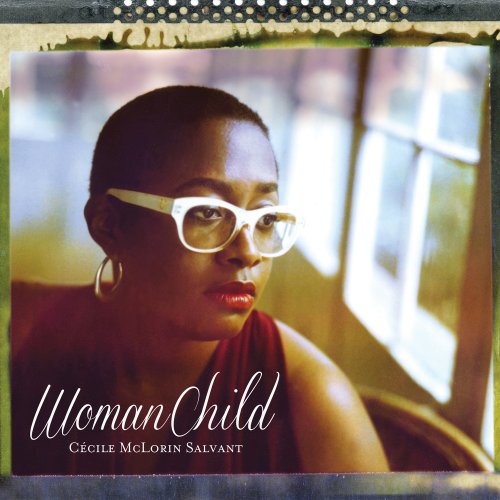
Artist: Cecile McLorin Salvant
Title: WomanChild
Year Of Release: 2013
Label: Mack Avenue Records
Genre: Vocal Jazz, Blues
Quality: FLAC (tracks) 24 bits / 96.0 kHz
Total Time: 59:59
Total Size: 1.27 GB
WebSite: Album Preview
Tracklist:Title: WomanChild
Year Of Release: 2013
Label: Mack Avenue Records
Genre: Vocal Jazz, Blues
Quality: FLAC (tracks) 24 bits / 96.0 kHz
Total Time: 59:59
Total Size: 1.27 GB
WebSite: Album Preview
01. St. Louis Gal
02. I Didn't Know What Time It Was
03. Nobody
04. WomanChild
05. Le Front Caché Sur Tes Genoux
06. Prelude / There's A Lull In My Life
07. You Bring Out The Savage In Me
08. Baby Have Pity On Me
09. John Henry
10. Jitterbug Waltz
11. What A Little Moonlight Can Do
12. Deep Dark Blue
If you haven’t heard Cécile McLorin Salvant sing, Woman Child, her American debut album, will be something of a revelation. Winner of the Kennedy Center’s 2010 Thelonious Monk International Jazz Competition, the Miami-born artist studied classical music as well as jazz in France, where she worked with reed player and teacher Jean-François Bonnel and recorded her first album Cécile with his quintet. This is a young jazz singer who has it all—a rich velvet voice, inventive wit and musical maturity, and it is all on display on her new album. “I want to get as close to the centers of the song as I can,” she explains in a publicity release. “When I find something beautiful and touching I try to get close to it, and share that with the audience.”
Joined on the album by Aaron Diehl on piano, James Chirillo on guitar and banjo, Rodney Whitaker on double bass and Herlin Riley on drums, McLorin Salvant puts together a setlist of tunes that she feels are “a little unknown or have been recorded very few times.” They may not be recognized as standards, she adds, but “many should be because they are so beautifully crafted.” Indeed, listening to the freshness of her performances, you can’t help but agree.
Accompanied by the solo guitar, she opens with a traditional Bessie Smith blues number, “St. Louis Gal.” It is a clean spare performance that puts the focus on the vocal. Contrast this with her rich and playful take on the whimsical “Nobody” or the modern jazz sound of the album’s title song. This last one features some excellent solo work from Diehl and the rest of the ensemble. “I Didn’t Know What Time It Was” sparkles with an almost flirty touch and a contrasting bass solo.
“Le Front Caché Sur Tes Genoux” is a Salvant original, a waltz with a lyric from a poem by Haitian Ida Salomon Faubert. “Jitterbug Waltz” gets a kind of honky tonk treatment, while “John Henry,” the 19th century folk ballad gets a contemporary touch. And perhaps the tour de force of the album is the singer’s rapid fire take on “What a Little Moonlight Can Do,” which comes in at just under nine minutes and ends with one hell of a note. It makes the final track, “Deep Dark Blue,” seem a bit anti-climactic.
Joined on the album by Aaron Diehl on piano, James Chirillo on guitar and banjo, Rodney Whitaker on double bass and Herlin Riley on drums, McLorin Salvant puts together a setlist of tunes that she feels are “a little unknown or have been recorded very few times.” They may not be recognized as standards, she adds, but “many should be because they are so beautifully crafted.” Indeed, listening to the freshness of her performances, you can’t help but agree.
Accompanied by the solo guitar, she opens with a traditional Bessie Smith blues number, “St. Louis Gal.” It is a clean spare performance that puts the focus on the vocal. Contrast this with her rich and playful take on the whimsical “Nobody” or the modern jazz sound of the album’s title song. This last one features some excellent solo work from Diehl and the rest of the ensemble. “I Didn’t Know What Time It Was” sparkles with an almost flirty touch and a contrasting bass solo.
“Le Front Caché Sur Tes Genoux” is a Salvant original, a waltz with a lyric from a poem by Haitian Ida Salomon Faubert. “Jitterbug Waltz” gets a kind of honky tonk treatment, while “John Henry,” the 19th century folk ballad gets a contemporary touch. And perhaps the tour de force of the album is the singer’s rapid fire take on “What a Little Moonlight Can Do,” which comes in at just under nine minutes and ends with one hell of a note. It makes the final track, “Deep Dark Blue,” seem a bit anti-climactic.
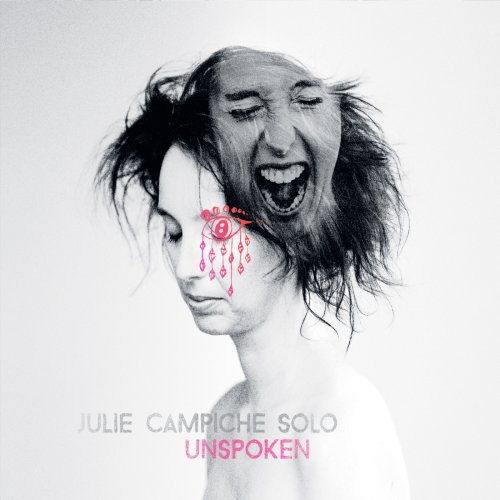
![When I Return - The Weight Of Bloom (2026) [Hi-Res] When I Return - The Weight Of Bloom (2026) [Hi-Res]](https://www.dibpic.com/uploads/posts/2026-02/1771391261_qn90r0j477aml_600.jpg)
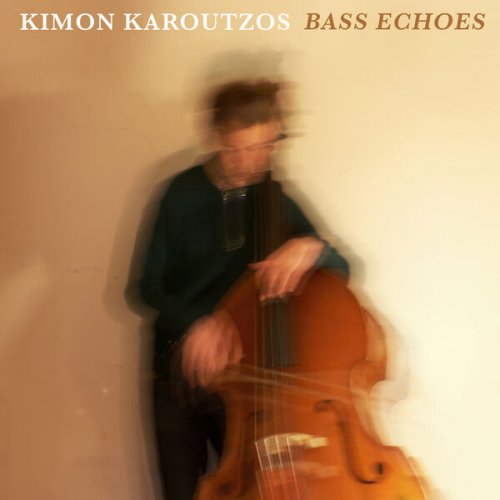
![Jon Henriksson, Pelle von Bülow, Rasmus Holm - Monkurt (2026) [Hi-Res] Jon Henriksson, Pelle von Bülow, Rasmus Holm - Monkurt (2026) [Hi-Res]](https://img.israbox.com/img/2026-02/15/ja2eavgnqk7dn4c3l9myzfk37.jpg)
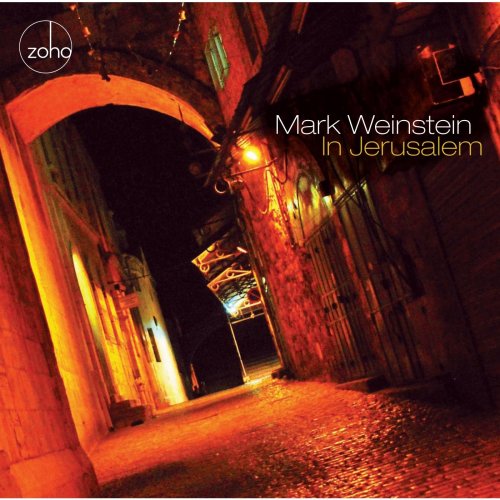
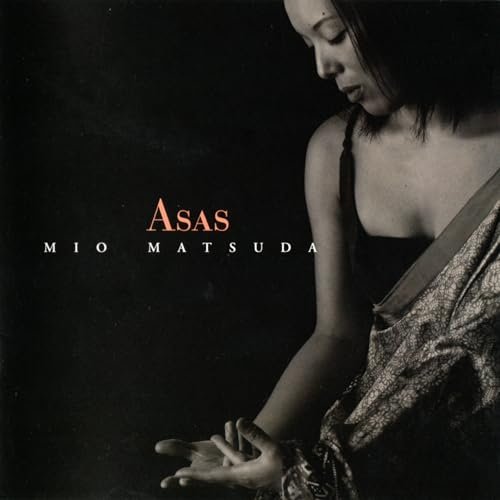
![Dave Slonaker Big Band - Shifty Paradigms (2026) [Hi-Res] Dave Slonaker Big Band - Shifty Paradigms (2026) [Hi-Res]](https://www.dibpic.com/uploads/posts/2026-02/1771506144_eu5h6bbhmvwxe_600.jpg)

![Nicole McCabe - Color Theory (2026) [Hi-Res] Nicole McCabe - Color Theory (2026) [Hi-Res]](https://www.dibpic.com/uploads/posts/2026-02/1771327761_folder.jpg)